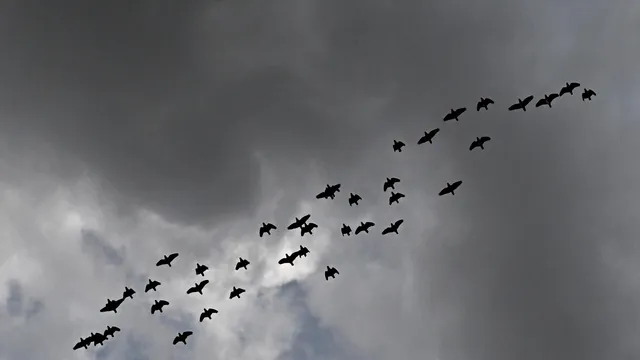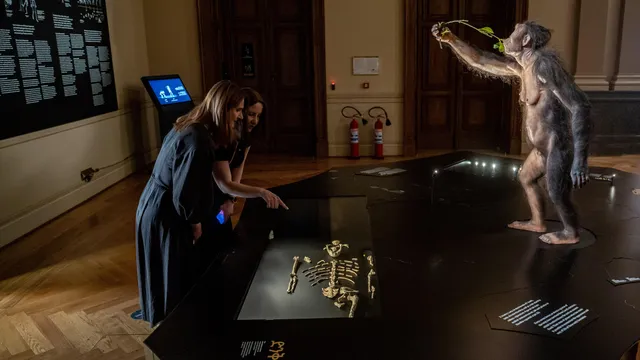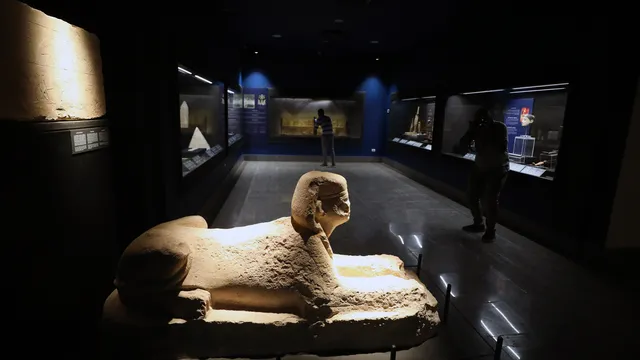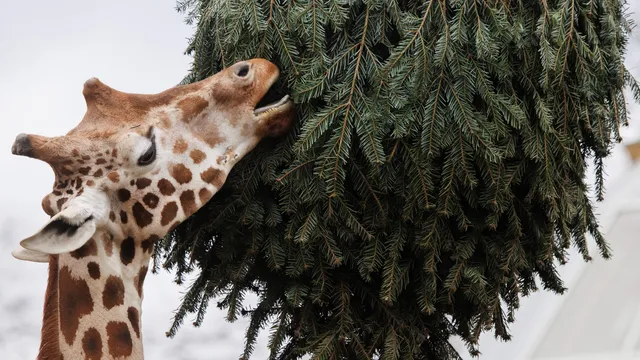Very often in the early morning, you feel like you're waking up in a fairy tale with birds singing longer and louder.And it's not a dream. If their trills seem longer and more present than before, it's because our winged companions are actually extending their concerts. But behind this Snow White-like atmosphere lies a far less magical reality: light pollution generated by humans has app
arently completely altered their natural cycles.
A team of university researchers from Southern Illinois University and Oklahoma State University studied 2.6 million bird song starts and ends as part of the citizen science project BirdWeather. The program involves bioacoustic recording devices in volunteers' gardens. Analysis of these results reveals a striking finding: species found in areas most polluted by artificial light sing an average of 50 minutes longer per day than those living in natural darkness.
Specifically, birds in these illuminated landscapes begin singing 18 minutes earlier at dawn and 32 minutes later after sunset.
"This prolonged activity may represent a significant loss of rest, especially during the breeding season," warn the scientists from Science, adding that it is possible that birds compensate for this apparent lack of sleep by resting more during the day or by sleeping with only half their brain. This new distribution of waking hours may even favor foraging and reproduction.
The bird species most sensitive to this phenomenon are those with large eyes, which nest in the open and occupy large territories. For them, the impact of light is most evident during the mating season. According to journalist Michael Franco of New Atlas magazine, it is currently impossible to determine whether the change in song cycles is beneficial, harmful, or neutral to the overall health of birds.
Eighty percent of terrestrial life now lives under artificially lit skies, which kills insects attracted to lights, disorients migratory birds, and even diverts young sea turtles from their path to the ocean.
"Restoring the darkness of our nights is a fundamental challenge for nature conservation in the 21st century and requires global cooperation," conclude university researchers from Southern Illinois University and Oklahoma State University. I BGNES

 Breaking news
Breaking news
 Europe
Europe
 Bulgaria
Bulgaria







